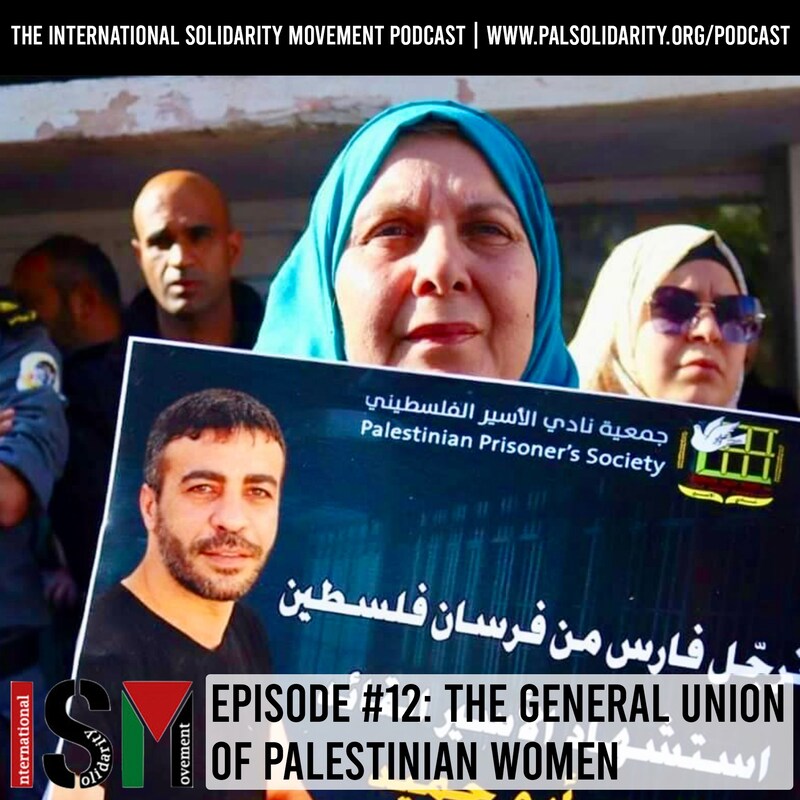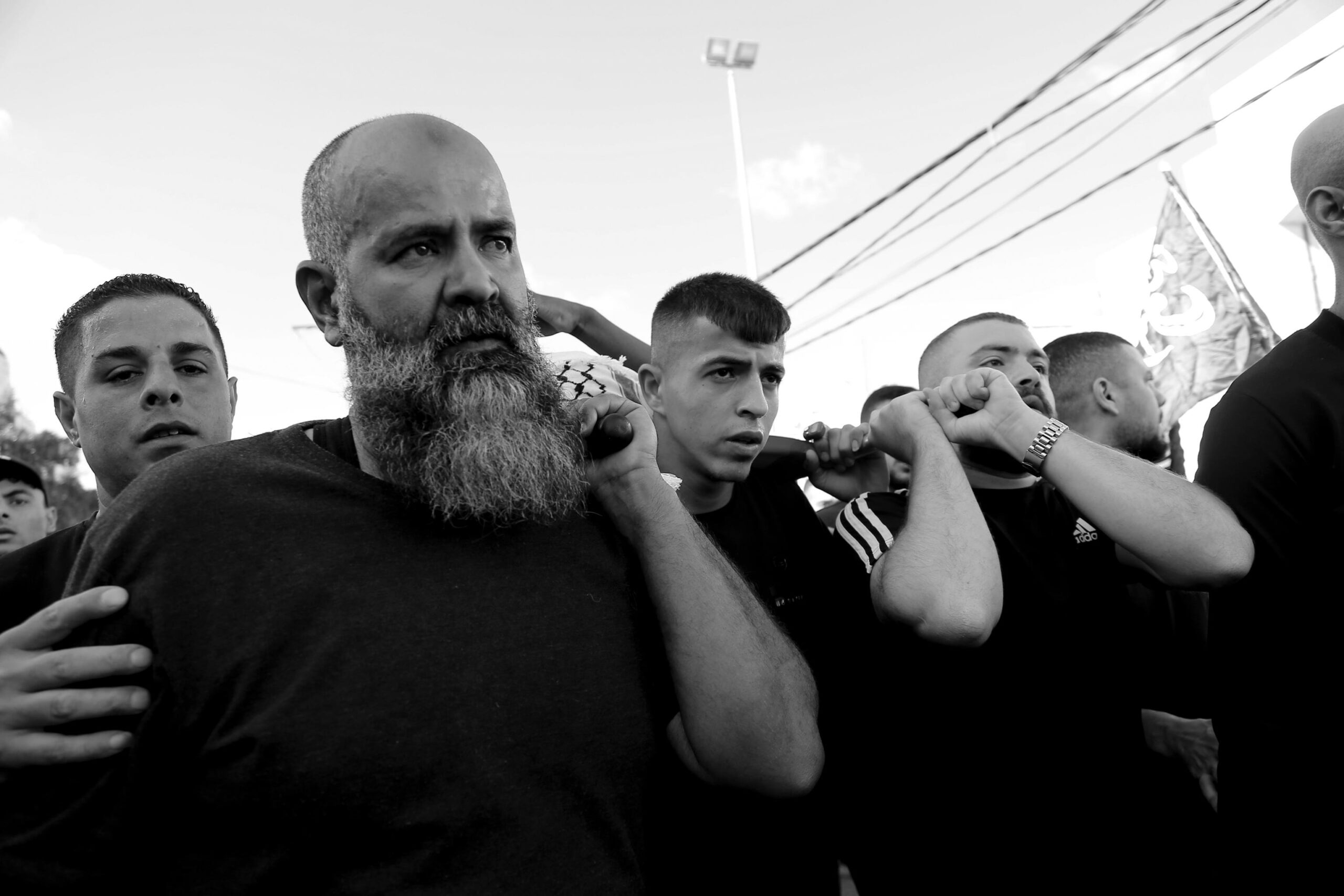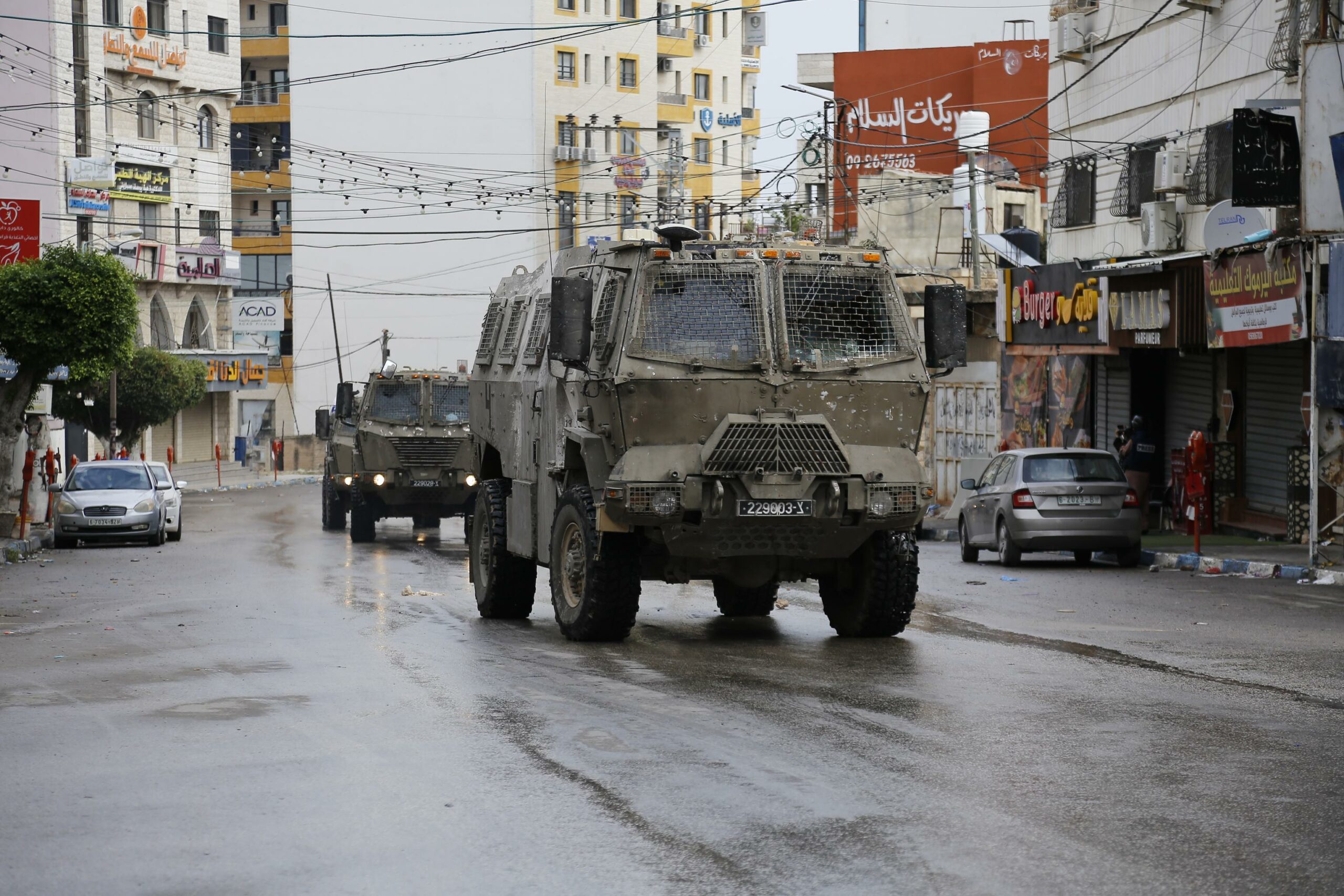Tag: Tulkarem
-
ISM Podcast Episode 12: The General Union of Palestinian Women
ISM Podcast 12: The General Union of Palestinian Women TRANSCRIPT: Hey, welcome to the International Solidarity Movement podcast. يلا اهلاً وسهلاً بكم في حلقة حركة التضامن الدولية، فلسطين [This transcript has been edited for clarity] Welcome to the ISM podcast. In this episode, we interview Nada Tweir from the General Union of Palestinian Women in…
-
Another day of grief in Tulkarem refugee camp
16 November 2023 | International Solidarity Movement | Tulkarem By. Diana Khwaelid Hundreds of Palestinians mourned the 7 martyrs who were killed by the Israeli occupation forces last Tuesday, November 14, in Tulkarem refugee camp: 2 of them were killed by Special Forces, 3 of them were killed while targeting homes with drones and others…
-
Another crime committed in Tulkarem camp by the Occupation Forces
14 November 2023 | International Solidarity Movement | Tulkarem By Diana Khwaelid Another crime perpetrated by the Israeli occupation in the Tulkarem refugee camp. The blood of the four Palestinians who were killed about a week ago had not yet dried up before the Israeli Occupation Forces committed a new crime that claimed the lives…



